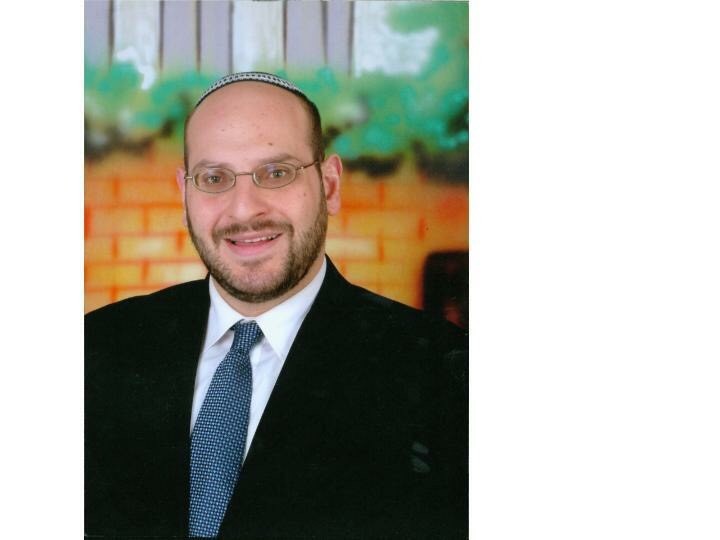The Jewish Super Bowl
Rosh Hashanah and Yom Kippur have been called the Super Bowl of the Jewish calendar. Indeed, even those of us who don’t go to synagogue often during the rest of the year find ourselves in one during the high holidays. Those involved with bringing Jews closer to Jewish tradition have often remarked to me that they do not understand why we place such a great emphasis on the high holidays. The high holidays are long, difficult to sit through and often involve very serious liturgical themes.
Wouldn’t it make more sense to invite Jews to celebrate Shabbat in the synagogue, which is a more joyful time with shorter services? Indeed, programs like Shabbat Across America have taken heed of this suggestion and instituted programs to encourage Jews to fill synagogues on Shabbat.
Nevertheless, the high holidays maintain their special place in Jewish life and in the Jewish community and there are good reasons for this. The serious liturgical themes of the high holidays speak to the essence of our lives and our search for meaning. The idea of there being such things as right and wrong, good and bad, moral and immoral, mitzvah and sin is essential to our well-being and sense of an ordered universe. When we think of a Judge judging all of us, it makes us feel uncomfortable but also makes the world have purpose, and this gives our existence meaning — to be the best human beings that we can be.
The idea that we are all children of our Parent in Heaven (Avinu Shebashamayim or Hayom Harat Olam), and that that Parent loves us, envelops us in the sense of being cared for in a world that often feels unfair. In addition, the high holidays have become the time that we all get together, that we all see each other, eat together, fast together, sing together and that we reunite the Jewish community. We realize that we are all one.
As the new rabbi of South Baldwin Jewish Center I want to wish everyone a happy and sweet new year.

 66.0°,
Shallow Fog
66.0°,
Shallow Fog 




